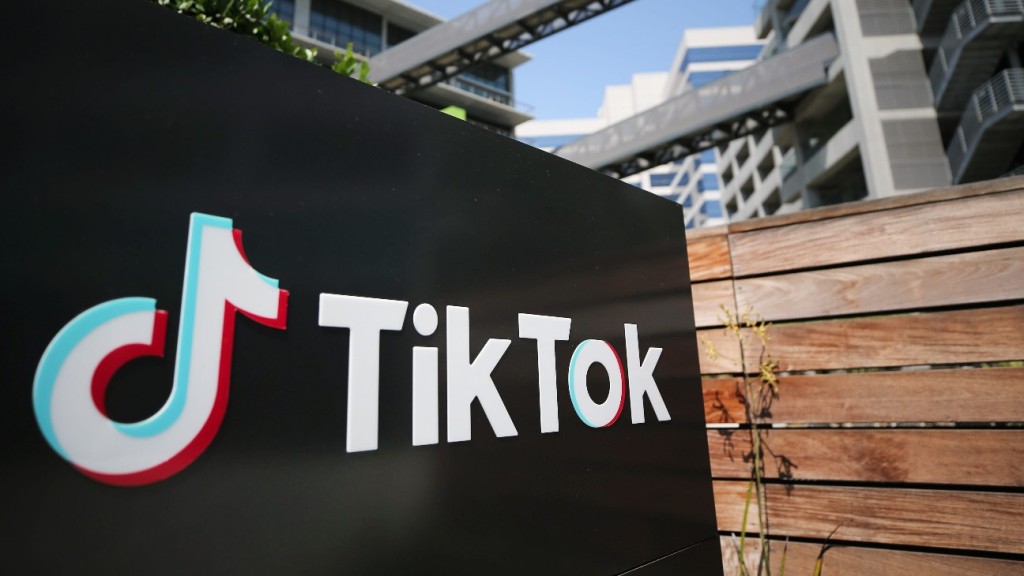
As its CEO prepares to face Congress this week, TikTok on Tuesday disclosed that it now has more than 150 million monthly active users in the U.S., up from 100 million a year ago.
Its explosive growth for the social video platform (Snapchat, with a years-long head start, says it has about 150 million users in North America) comes as it faces an existential threat, with Congress and the Biden administration appearing open to an outright ban of TikTok in the U.S., or perhaps a forced sale.
To that end, TikTok’s newsroom post on Tuesday focused on the people and businesses that use the platform, in an effort to shoe up some grassroots support, and to emphasize that a ban would impact regular people.
The company notes that it now reaches nearly half the population, and that 5 million businesses rely on it as a partner. And of course there’s the 7,000 TikTok employees in the U.S.
“This milestone coincides with a critical period for TikTok,” the company said. “Certain politicians have raised concerns about the potential banning of our platform, which would directly affect all 150 million Americans who have embraced TikTok. To proactively address U.S. national security concerns, we’ve taken unprecedented steps by enhancing safeguards for our U.S. users.”
Concerns from politicians include the potential sharing of data with Chinese authorities, allegations that Chinese nationals used TikTok to spy or gather information on U.S. journalists, and the potential that the platform could be used for Chinese propaganda. TikTok is owned by the Chinese company ByteDance.
The gamesmanship by TikTok, emphasizing its scale, comes as its CEO Shou Chew prepares to testify before the House Energy & Commerce Committee on Thursday. It will be Chew’s first time testifying since taking over the company nearly two years ago.
While the company has made efforts to address U.S. concerns (including building a data center in the U.S. that would house all American user data), the unusual alliance between the Biden administration and Congress suggests that TikTok’s challenges may be far from over.













